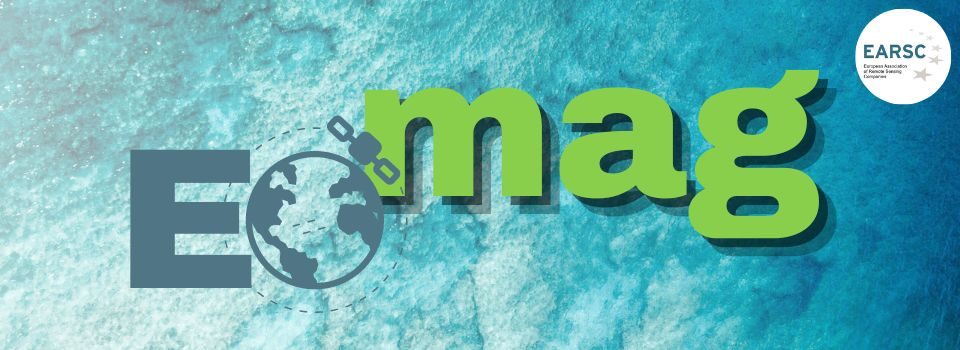The Oasis HUB has been supported by funds totalling €11m from the EU’s Horizon 2020 platform and the public-private innovation partnership Climate-KIC. The hub will act as a data platform to open-up the risk modelling market, enabling insurers, financiers, academics, businesses and policy makers to respond to natural hazards and protect finances tied into infrastructure assets.
Oasis HUB’s chairman Dickie Whitaker said: “Traditionally, the wealth of data models produced within academia and the modelling community have not been made widely available to the organisations needing them most. Also, prohibitively high costs have prevented ‘black box’ data from the catastrophe modelling market incumbents from being employed on a wide scale.
“Now, with Oasis Hub as a gateway, scientific theory and data can be made focused and actionable, to meet the huge market demand for climate risk adaption strategies.”
Total economic losses associated with property and infrastructure damages derived from natural disasters have cost, on average, €160bn annually over the last decade, 70% of which are uninsured.
The hub aims to provide the insurance industry with a clearer understanding of these risks to mobilise capital through the rapid integration of transparent and affordable data.
Commenting on the launch, the European Commission’s head of unit – climate action, Andrea Tilche, said: “The Oasis project is a good example of how knowledge and information on climate change may be translated into innovative services, providing effective means to make societies more resilient to climate-related risks.
“The project also promises to show how an approach based on open science and innovation can deliver results that would be hardly achievable without the free sharing of knowledge among different communities.”
